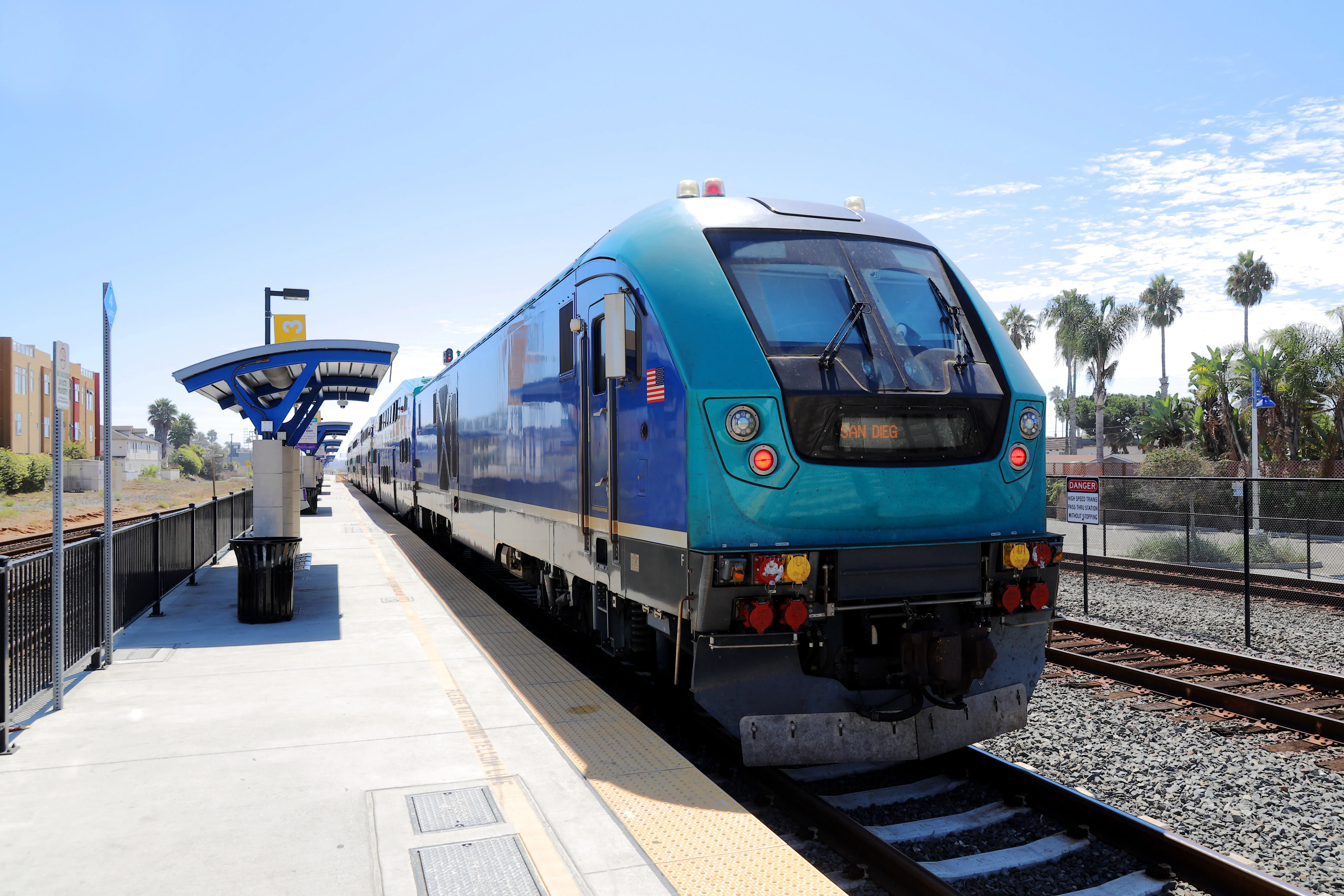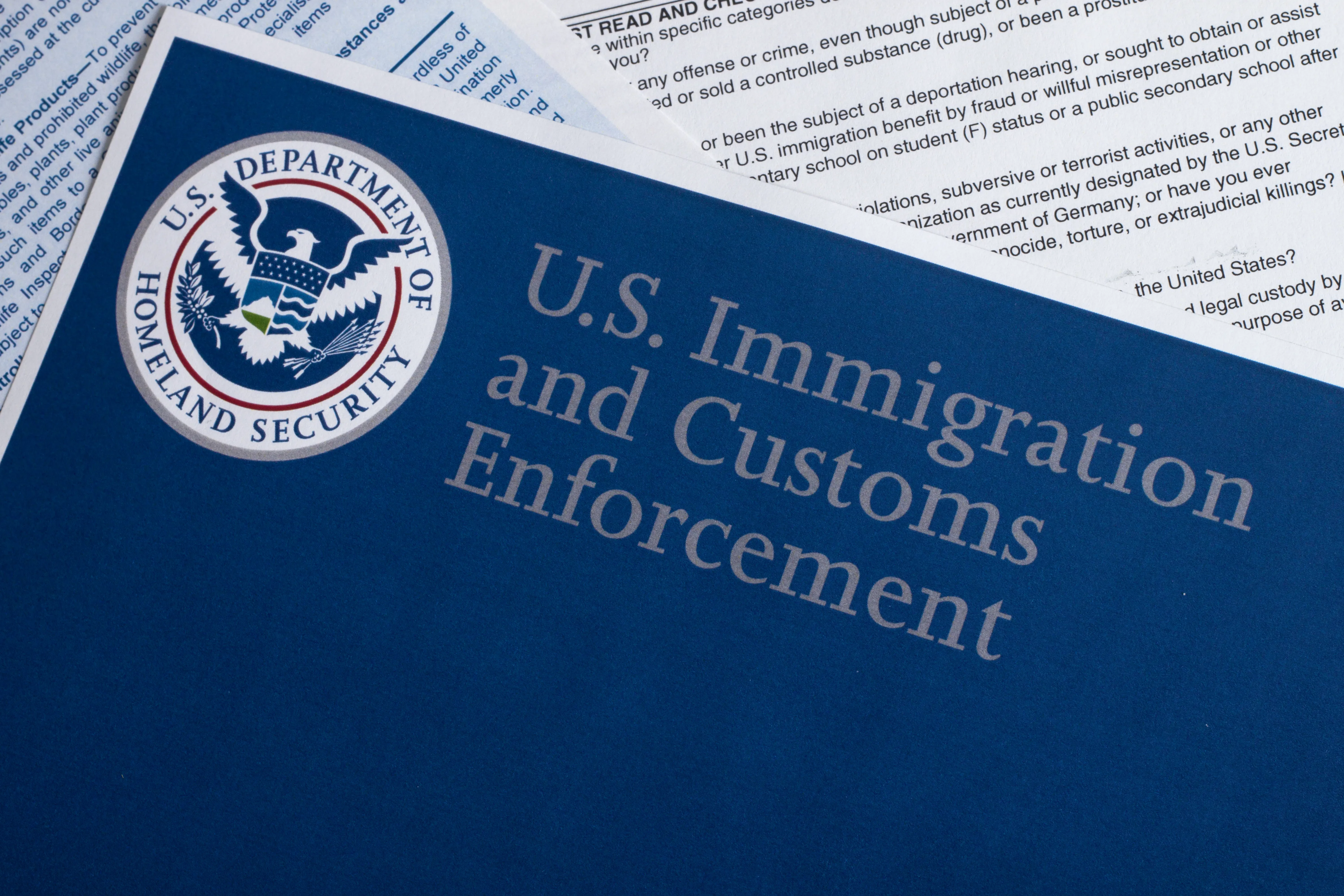
Daily Audio Newscast Afternoon Update - September 18, 2025
© INDU BACHKHETI - iStock-1336427297
News from around the nation.
US immigration judge orders Khalil deportation, his lawyers say separate ruling protects him for now; NE students with disabilities reap rewards of inclusive classrooms; Under Farm Aid backdrop, MN's food research shines brightly; Federal approval of pesticides could affect Arkansans' health.
Transcript
Public News Service Thursday afternoon update.
I'm Mike Clifford.
An immigration judge has ordered the deportation of pro-Palestinian activist Mahmoud Khalil to either Algeria or Syria over claims he omitted information from a green card application.
That's for Reuters.
They report the judge, Jamie Comans, based in Louisiana, said Khalil willfully represented material facts for the sole purpose of circumventing the immigration process.
The order is on hold as his lawyers say a separate ruling protects him for now.
In a statement to the ACLU, Mr. Khalil said, "It's no surprise the Trump administration "continues to retaliate against me "for my exercise of free speech."
Meantime, Nebraska educators say statewide efforts to include more students with disabilities in general education classrooms are showing positive results.
Since the state's Journey to Inclusion program was launched in 2022, English proficiency scores for special education students across all grades have doubled, while math scores of third grade students with disabilities have improved by 10 percent.
Director of the state's Office of Special Education, Amy Roan, says students learn best from their peers.
You see a definite sense of belonging and community in environments where kids learn together and grow together.
Research shows inclusion also boosts attendance among students with disabilities and makes them more likely to graduate on time.
This story is based on original reporting from Jackie Mader with the Hechinger Report.
I'm Catherine Carley.
When the current struggle seen by U.S. farmers raises questions about the future of food production, Minnesota researchers are helping the agriculture community adapt to trends, including working with emerging farmers seeking out a prosperous future.
Those independent farms are being celebrated at this weekend's Farm Aid concert, with Minneapolis serving as the host site for the event's 40th anniversary.
At the same time, national polling highlights farmers' concerns about labor shortages, extreme weather, and shifting consumer demands.
At the University of Minnesota's Food Science and Nutrition Pilot Plant, Manager Mitchell Maher says amid the ebbs and flows, "There was a lot of work on soy.
And then it's shifted and there's been a bunch of work on sunflower.
There's always a shift in what's new and how do you process and make a value out of some of these products."
I'm Mike Moen.
And just as the Arkansas Natural Resources Commission approved a $1.8 million grant to test surface waters for forever chemicals or PFAS, the Trump administration is rolling back policies that address chemical contamination in the food supply.
Environmental Health Science Director at the Center for Biological Diversity, Nathan Donnelly says the EPA is using a new definition of PFAS that will allow the pesticides to be approved.
If you have something that breaks down in a couple days, that's fine, but if you got something that sticks around for generations, any new science that comes out in the next two years five years, 10 years saying this stuff is more dangerous than we thought.
The EPA is seeking approval for four new pesticides that qualify for PFAS.
This is public news service.
Environmental advocates are urging residents in Illinois and across the Midwest to oppose the Trump administration's proposal to repeal the roadless rule.
The conservation policy safeguards more than half a million acres of undeveloped land in national forests across the Midwest from road construction and logging.
Kelly Thayer with the Environmental Law and Policy Center says these lands have remained untouched for decades and represent some of America's most pristine wilderness.
He stresses that cutting them down to allow logging, mining, and roads would accelerate climate change and threaten the water source for many communities.
Ironically, the rule is preventing fires and the Trump administration wants to repeal it in the name of fighting fires.
The truth is that roads and people who use them are the greatest cause of forest fires.
He emphasizes how critical it is for people to voice their concerns now given the US Department of Agriculture only provided a 21 day public comment period, which ends tomorrow.
People can submit comments online at regulations.gov.
I'm Judith Ruiz-Branch reporting.
And a new report shows that more young people in Alabama and across the country are carrying guns, but experts say locking them up is not the solution.
Richard Mendel is report author of from punishment to prevention, he explains that youth gun carrying has stayed steady over the years, despite an overall surge in gun sales during the pandemic.
In representative surveys, about 5 percent of American youth ages 12 to 17 say that they've carried a gun in the previous year.
That translates into over a million kids carrying firearms.
Mindell says while the numbers are troubling, the majority of those youths are not committing violent crimes.
Shantia Hudson reporting.
Finally, new data reveals a stark trend in Florida's health coverage for kids.
The state's child uninsured rate rose from 7.4 percent to 8.5 percent between 2022 and 2024, representing an additional 67,000 uninsured kids.
Joan Alker with Georgetown University Center for Children and Families says the consequences are severe and points directly to the state's actions.
Florida had a net enrollment decline during its unwinding period of about 20 percent of children Florida's Medicaid program over half a million and that was a concern to us at the time because most children who are uninsured today are actually eligible for Medicaid or CHIP but they're just not enrolled.
Allker's analysis shows this decline propelled Florida to rank 46th in the nation for its rate of uninsured children.
She notes that many children who lost coverage likely remained eligible but were dropped due to procedural errors.
The Florida Department of Children and Families which managed the eligibility and unwinding process, published information stating its goal was to ensure those no longer eligible for Medicaid were transitioned to other coverage options.
I'm Tramell Gomes.
This is Mike Clifford for Public News Service.
Member and listener supported.
Find your trust indicators at publicnewsservice.org.

















